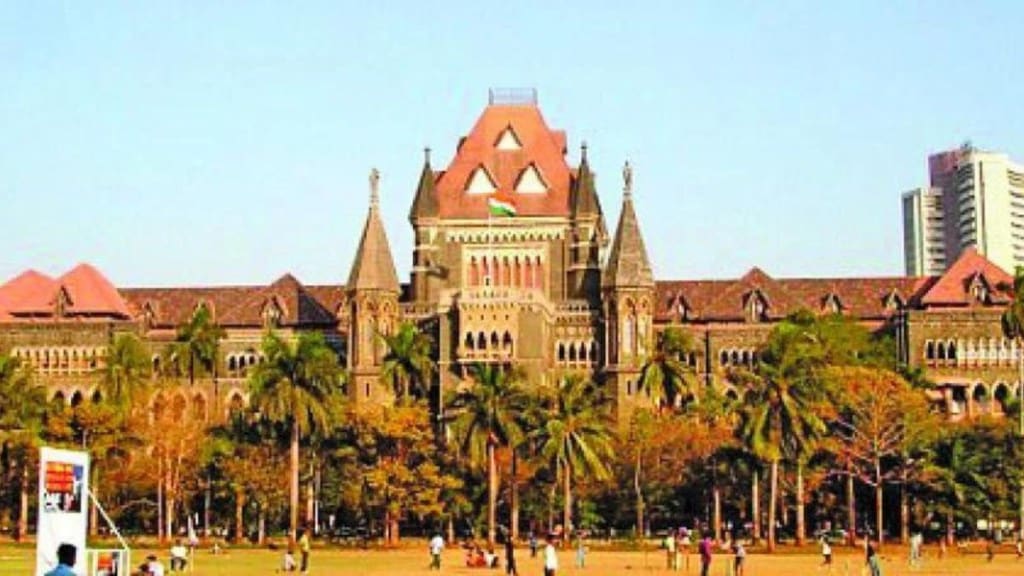The Bombay High Court granted parole to a man earlier this week to bid farewell to his son, who is going to Australia for further studies, stating that if parole can be granted to share grief, it can also be given for a happy occasion.
The court stated that temporary conditional release allows convicts to maintain contact with the outside world and manage their family responsibilities, recognizing that even while incarcerated, they remain someone’s son, husband, father, or brother.
In its July 9 order, a division bench comprising Justices Bharati Dangre and Manjusha Deshpande emphasized that the provisions of parole and furlough have consistently been viewed as a “humanistic approach” towards convicts.
The court was hearing a petition filed by one Vivek Shrivastav seeking parole to arrange the tuition fees and other expenses for his son’s education at an Australian university and to also bid farewell to him.
The prosecution opposed Vivek Shrivastav’s plea for parole, arguing that parole is typically reserved for emergency situations and not for purposes such as arranging education fees or bidding farewell to a son. The high court, however, expressed disagreement with this stance, highlighting that both grief and happiness are valid emotional reasons for granting parole.
The court questioned why parole could be granted for celebrating marriages but not for Shrivastav’s situation, where he sought temporary release to arrange funds for his son’s education abroad and to bid him farewell. Despite Shrivastav’s conviction in a 2012 murder case and subsequent appeal against his 2018 conviction, the court granted him ten days of parole.
Shrivastav’s son had been accepted into an Australian university, necessitating tuition fees of Rs 36 lakh plus travel and stay expenses. Originally requesting parole for a month to gather the necessary funds, Shrivastav’s plea was considered in light of the rules aimed at maintaining family continuity for inmates and mitigating the adverse effects of prolonged prison life on mental well-being.
The court underscored that the core objective of the Bombay Furlough and Parole Rules is to uphold the faith of convicts in the justice system, allowing parole not only in emergencies but also for significant family events. It expressed confusion over denying Shrivastav the benefit of parole during this meaningful moment, where he needed temporary relief to support his son’s educational aspirations.
The court acknowledged the substantial financial burden on Shrivastav’s family and emphasized the importance of allowing him to participate in his son’s pivotal life event, ensuring that familial bonds and emotional well-being are preserved amidst legal obligations.
